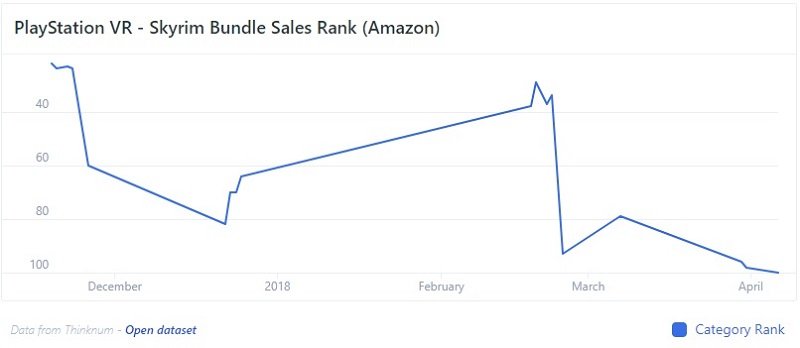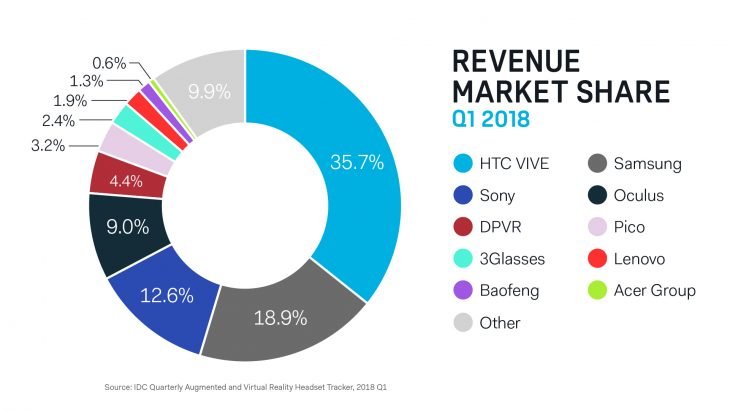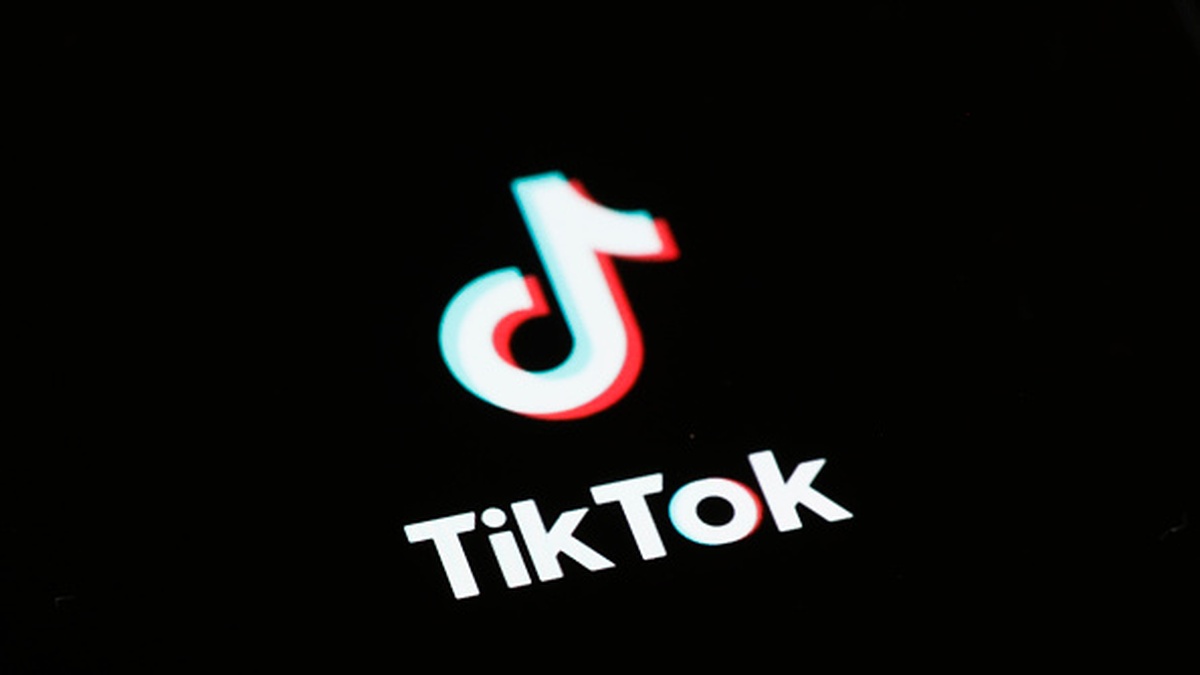VR is “just getting started.”
Those were the defiant words of HTC following a report from Digital Trends which states that VR — which was once propped up to be the next big thing in gaming — hasn’t lived up to expectations and is currently dying (if not already dead).
Indeed, when looking at the report, it’s difficult not to come to a similar conclusion. By looking at sales numbers as tracked by Amazon sales rank data at Thinknum, it found that among the four major players in the VR scene — Sony for PlayStation VR, HTC for Vive, Oculus for its new Oculus Go and Samsung for its Gear VR — only the PSVR is showing any signs of life, while the rest look like they’ve fallen into obscurity.
And even in the case of the PSVR, those “signs of life” are hardly anything to write home about: “…rank 100 among all video game products isn’t so bad – but it certainly doesn’t indicate the headset is flying off shelves,” the report states, “Gamers are modestly interested, at best.”

Needless to say, as one of those four major players — who isn’t even doing well, according to the report — HTC came to the defense of VR, painting an entirely different picture — one where the medium has a bright future ahead of it and the only reason why Vive sales have dropped off was because it “sold out.”
“VIVE has paced at its highest sales velocity of all time, for weeks on end, and we sold out. For a consumer electronic product in its third calendar year, this continued trajectory is nearly unheard of. Don’t worry, though: we are ramping up production of the original VIVE and units will continue to roll out to online and retail over the coming weeks.”
It followed this up by arguing that “these things take time” and will inevitably catch on with the public.
“More and more, as people begin to understand the possibilities for virtual applications, word of mouth will grow, and sales will continue their upward trajectory. In the VR industry, it’s important to not only move units, but to ensure that we have a growth path for customers and our business over time.”
HTC concluded its defense by posting numbers from the intelligence firm International Data Corporation (IDC), which analysed VR revenue share to show Vive as the current market leader.

For what it’s worth, HTC making this statement is a good thing, as it allows consumers to get a better grasp on the situation (granted, there’s obvious incentive for it to do so). However, throughout its entire defense, the Taiwan-based firm failed to do the one thing that could have likely put this entire situation to rest: posting actual sales figures.
Earlier in the the blog post, the company complained about a lack of VR sales data, saying “major players have not released sales figures to substantiate the market momentum.” However, we know this isn’t true because Sony announced late last year that the PSVR had surpassed 2 million units in sales. What’s stopping HTC from doing the same?
Really, much of what HTC is saying here flies in the face of what other major players in the VR scene have said (or done) up to this point.
For instance, though Sony openly states the PSVR has been doing relatively well, it readily admits the growth for the overall VR market was “below expectation.” Similarly, Oculus VR’s Matt Conte stated back in May that the size of the VR market in 2018 is smaller than it had hoped.
So it’s odd to see HTC remain so optimistic and blame its weak numbers on supply here, while its competitors openly state that the demand was just never there to begin with. Like mentioned before, there’s reason to believe this defense was an entirely self-serving one to save face, but there’s still the chance HTC knows something that everyone else doesn’t.
If that’s really the case, though, it’s not doing a good job of convincing us.











Published: Jul 27, 2018 10:39 am